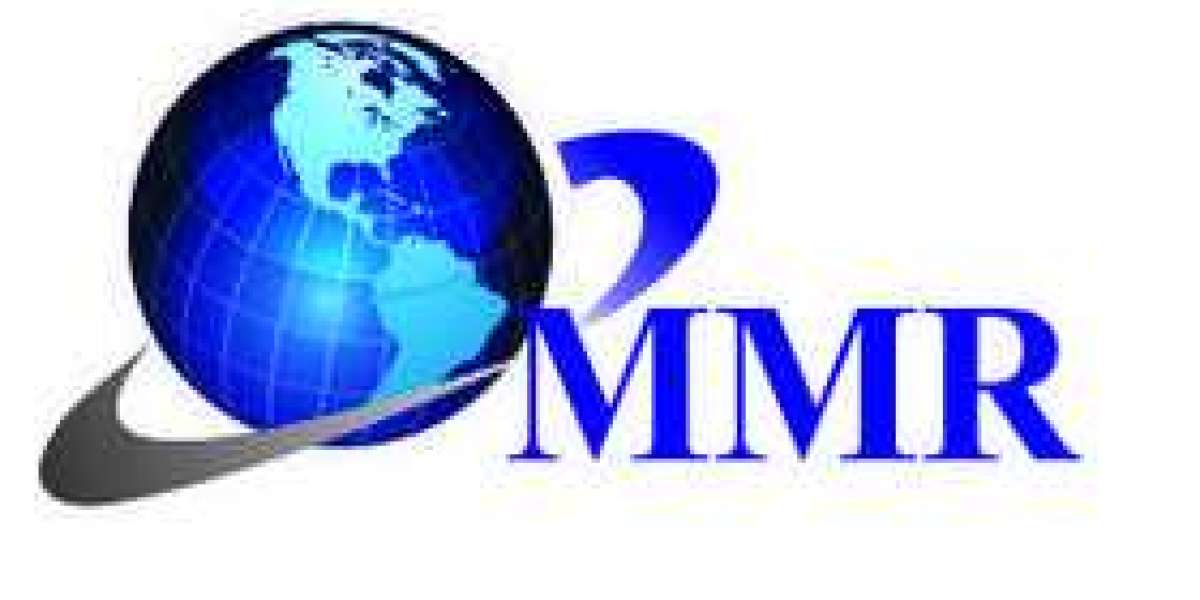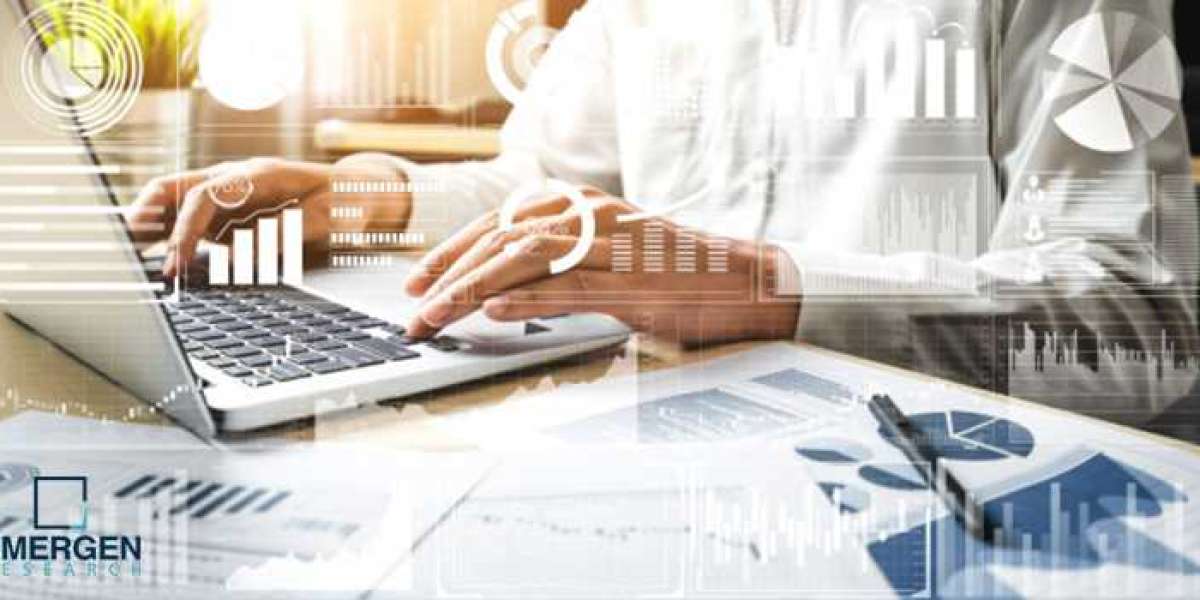Biosimilar Market Introduction:
The Biosimilar Market has emerged as a critical segment within the pharmaceutical industry, characterized by its potential to provide more affordable alternatives to complex biologic drugs. Biosimilars are biological products that are highly similar to and have no clinically meaningful differences from an existing FDA-approved reference product. Unlike generic drugs, which are chemically synthesized and have identical active ingredients to their brand-name counterparts, biosimilars are produced in living organisms and exhibit slight structural differences despite their therapeutic equivalence.
For a copy of this report, click here. https://wemarketresearch.com/reports/request-free-sample-pdf/biosimilar-market/5
Biosimilar Market Size, Share Trends:
North America and Europe have traditionally been the largest markets for biosimilars due to well-established regulatory pathways and healthcare systems that prioritize cost-effective treatments. However, markets in Asia-Pacific and Latin America are also growing rapidly, driven by increasing healthcare expenditure and adoption of biosimilar products.
Market Share:
Several major players control the majority of the industry, including multinational pharmaceutical corporations and biotechnology businesses that have made investments in the discovery and production of biosimilars. Among the top companies in the biosimilar market are Amgen, Pfizer, Novartis, and Samsung Bioepis.
Regarding therapeutic domains, biosimilars in the oncology field have gained significant market share, mainly from biosimilars of pharmaceuticals like trastuzumab and rituximab. Diabetes, autoimmune illnesses, and growth problems are additional treatment topics.
Current Trends:
1) Increasing Regulatory Clarity and Approvals: Regulatory agencies such as the FDA in the United States and the EMA in Europe have been actively promoting biosimilar development and approval processes, providing clearer guidelines and pathways for manufacturers.
2) Biosimilar Pipelines and Expansions: Pharmaceutical companies are expanding their biosimilar pipelines to include a broader range of biologics, including complex molecules like monoclonal antibodies and fusion proteins.
3) Market Consolidation and Partnerships: Strategic collaborations and partnerships between pharmaceutical companies, biosimilar developers, and contract manufacturing organizations (CMOs) are becoming more common, aiming to enhance manufacturing capabilities and global market reach.
4) Patient Access and Affordability: Biosimilars are increasingly seen as critical in improving patient access to life-saving biologic therapies, particularly in regions where healthcare costs are a significant barrier.
Companies Covered: Biosimilar Market:
- Pfizer Inc.
- Novartis AG
- Orion Pharma AB
- Biocon.
- Coherus BioSciences, Inc.
- Amgen Inc.
- Samsung Bioepis.
- Takeda Pharmaceutical Company Limited.
- Bristol-Myers Squibb Company
- Merck KGaA
- Eli Lilly and Company
- Teva Pharmaceutical Industries Ltd.
- Bayer AG
- Others
Global Biosimilar Market Segmentation:
By Application
- Oncology
- Growth Hormonal Deficiency
- Blood Disorders
- Chronic Autoimmune Disorders
- Others
Biosimilar Market Opportunity:
1)Cost Savings and Healthcare Accessibility:
Biosimilars offer significant cost savings compared to originator biologics, making them attractive options for healthcare providers, payers, and patients. This affordability enhances accessibility to essential biologic treatments, particularly in regions with constrained healthcare budgets.
2) Expanding Therapeutic Coverage:
There is a growing pipeline of Biosimilar Market targeting a wide range of therapeutic areas, including oncology, autoimmune diseases, diabetes, and more. This expansion broadens treatment options and addresses unmet medical needs globally.
3)Market Expansion in Emerging Economies:
Emerging markets present a substantial growth opportunity for biosimilars due to increasing healthcare expenditures, rising chronic disease prevalence, and efforts to improve healthcare access. Regulatory reforms and patent expirations further facilitate market entry in these regions.
4) Biosimilar Lifecycle Management:
Opportunities exist for lifecycle management strategies, including market differentiation through innovation in delivery systems, formulations, and patient-centric services. These strategies can extend product longevity and maintain competitive advantage.
Biosimilar Market Regional Insights:
Europe Market Forecast:
Europe dominate the Biosimilar Market with the highest revenue generating market with share of more than 46%. Europe is leading the way in the use of biosimilars due to its regulatory environment's support and dedication to providing affordable healthcare. The European Medicines Agency (EMA) has been instrumental in the approval process for biosimilars, providing a strong foundation for their market launch. Many biologics' patents are about to expire, which presents a significant opportunity for producers of biosimilars to enter the market. The region's biosimilars industry is still expanding because to the advanced healthcare systems and significant emphasis on cost containment in European nations.
Why Buying this Report Could be Your next Strategic Move?
- Learn detailed market information, competition, and SWOT analysis.
- To ascertain Plant Extracts market growth carefully by evaluating value, volume, and CAGR data at the national level.
- To gain knowledge on market dynamics, unrealized growth opportunities, challenges, and main drivers of the market.
- Review recent developments and strategic insights taking into consideration new launches, agreements, and mergers.
- Know lucrative spaces to invest in the Plant Extracts market globally and regionally
Related Reports
Conclusion
In conclusion, the biosimilar market represents a dynamic and rapidly expanding segment within the pharmaceutical industry, driven by its potential to offer affordable alternatives to complex biologic therapies. Key factors such as increasing healthcare expenditures, patent expirations of biologic drugs, and supportive regulatory frameworks have propelled market growth and adoption.The biosimilar market's future is promising, marked by ongoing advancements in technology, regulatory frameworks, and strategic initiatives. As stakeholders continue to navigate opportunities and challenges, the biosimilar sector is poised to play a pivotal role in shaping the future of healthcare delivery worldwide, ensuring sustainable access to high-quality biologic therapies for patients globally.
Contact Us:https://wemarketresearch.com/



